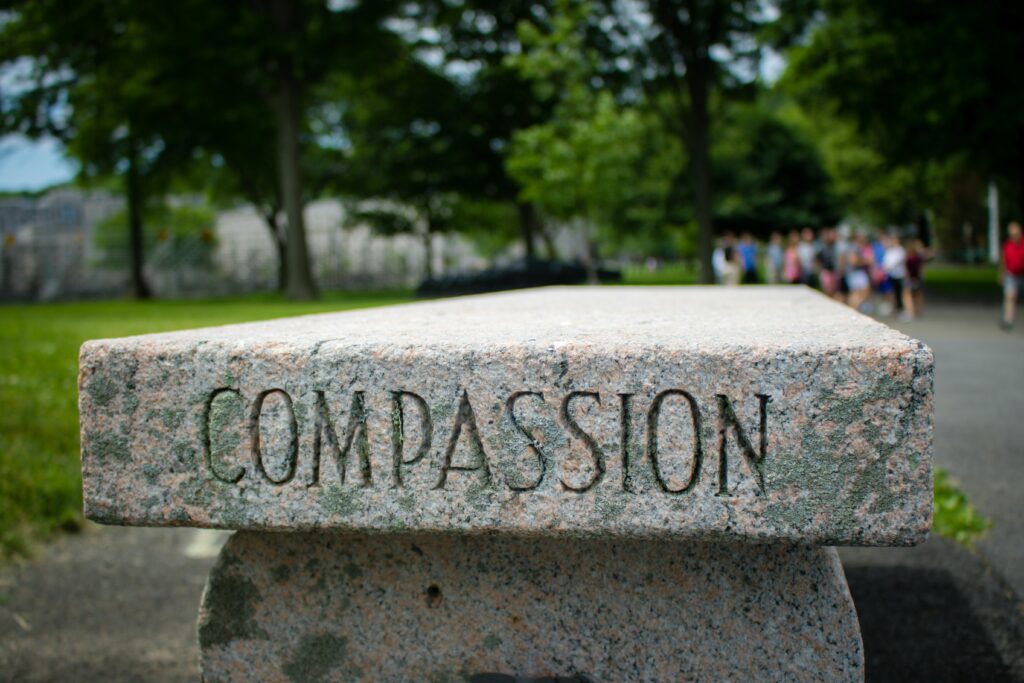“[God’s] wrath is a wrath of compassion.” (Martin Luther, Luther’s Works, 13:86).

“For we have been consumed by Your anger, and we have been terrified by Your wrath. You have placed our guilty deeds before You, our hidden sins in the light of Your presence. For all our days have dwindled away in Your fury; we have finished our years like a sigh. As for the days of our life, they contain seventy years, or if due to strength, eighty years, Yet their pride is only trouble and tragedy; for it quickly passes, and we disappear. Who understands the power of Your anger and Your fury, according to the fear that is due You? So teach us to number our days, that we may present to You a heart of wisdom.” (Psalm 90:7-12)
Psalm 90 isn’t the kind of passage we usually print on a coffee mug or hang on the wall. In fact, it is probably a Psalm we would rather skip over (you would be in good company; the Reformer Martin Luther was not a fan of this chapter).
My devotional reading this week took me to a Psalm where Moses (yes, that Moses) writes with raw honesty about God’s anger—how it consumes, how even our secret sins are fully exposed in His presence. It can feel weighty, especially in the middle of a busy ministry season, when we’re already carrying a lot.
But then there’s this quote from Martin Luther in his writings on Psalm 90: “[God’s] wrath is a wrath of compassion.”
Luther may not have liked the chapter, but he recognized its truth, and that truth stops you in your tracks.
God’s wrath isn’t like human anger. He’s not explosive or distant. His wrath comes from love. It’s His fierce resistance to what breaks us, wounds us, and distorts the truth. In that light, His discipline isn’t something we need to run from—it’s something we can actually lean into.
Moses does just that. He turns from lament to prayer: “Teach us to number our days, that we may gain a heart of wisdom.”
Our days are full, and yet, they’re also limited. Short. Sacred.
God’s wrath here isn’t rejection—it’s a holy wake-up call. It’s compassion that calls us to live intentionally, humbly, wisely, so that we make the most of our days.
And don’t miss how the psalm starts: “Lord, you have been our dwelling place through all generations.”
Even in His correction, He remains our refuge. Even in His holiness, He is still our home.
